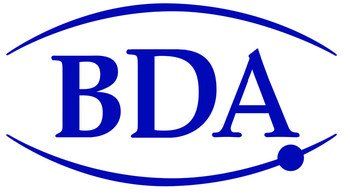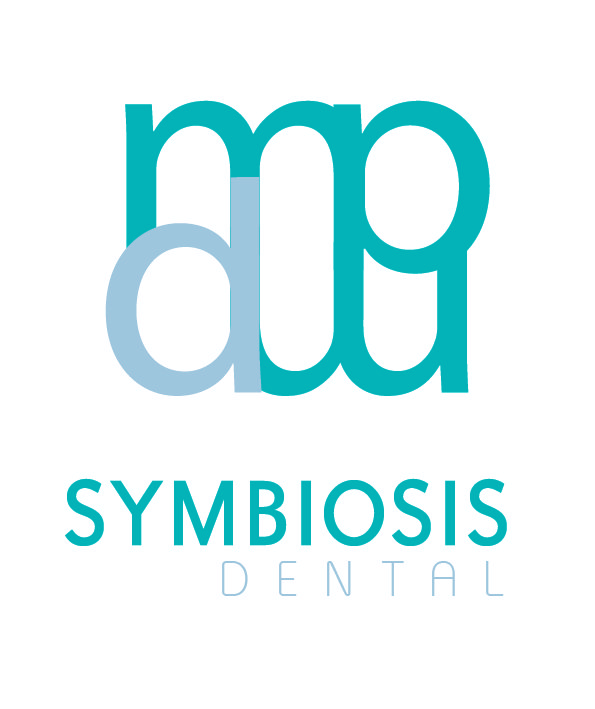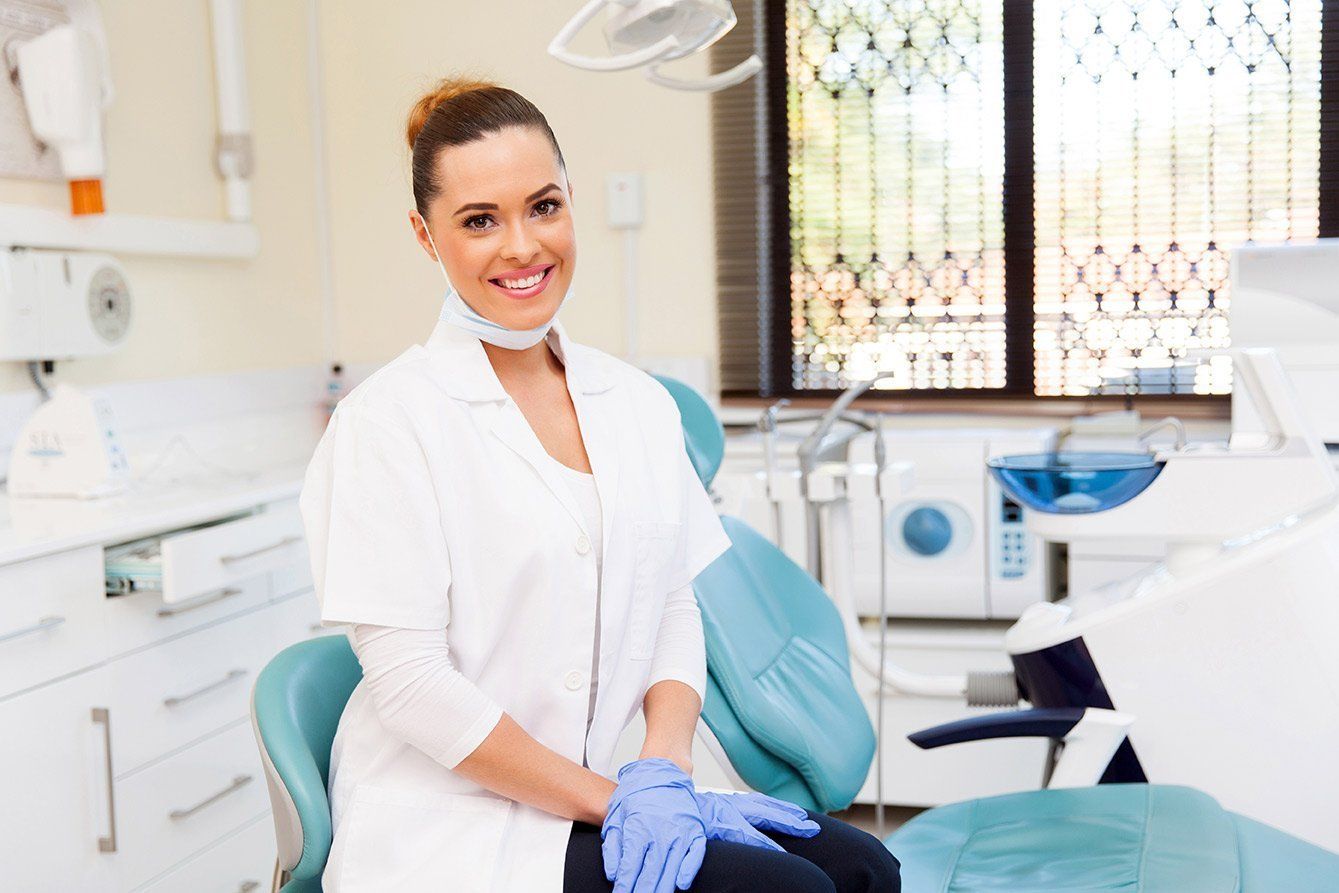Dental Hygiene
Regular professional cleaning to remove plaque and tartar, combined with looking after your teeth and gums properly at home, will help keep your mouth healthy.
Dental Hygienist
Dental hygienists are mainly concerned with ‘preventive’ dental health and treating gum disease – showing you correct home care and helping you to keep your teeth and gums healthy. This includes professionally cleaning your teeth by removing plaque and tartar, usually called a ‘scale and polish’. However, perhaps their most important role is showing you the best way to keep your teeth free of plaque. Plaque is a sticky coating that forms constantly on your teeth. Hygienists also give advice about diet and about preventing tooth decay. The hygienist will work with your dental team to give you the care that is tailored to your needs.
Gum Disease
Gum disease is described as swelling, soreness or infection of the tissues supporting the teeth. There are two main forms of gum disease: gingivitis and periodontal disease.
Gingivitis
Gingivitis means ‘inflammation of the gums'. This is when the gums around the teeth become very red and swollen. Often the swollen gums bleed when they are brushed during cleaning.
Periodontal Disease
Long-standing gingivitis can turn into periodontal disease. Periodontal disease affects the tissues supporting the teeth. As the disease gets worse the bone anchoring the teeth in the jaw is lost, making the teeth loose. If this is not treated, the teeth may eventually fall out.
What causes Gum Disease
All gum disease is caused by plaque. Plaque is a film of bacteria which forms on the surface of the teeth every day.
To prevent and treat gum disease, you need to make sure you remove all the plaque from your teeth every day. This is done by brushing and cleaning in between the teeth with ‘interdental' brushes or floss.
Smoking can also make gum disease worse. People who smoke are more likely to produce bacterial plaque, which leads to gum disease. The gums are affected because smoking causes a lack of oxygen in the bloodstream, so the infected gums don't heal. Smoking causes people to have more plaque and the gum disease to get worse more quickly than in non-smokers.
What to do if you think you have gum disease
The first sign of gum disease is blood on your toothbrush or in the toothpaste you spit out after cleaning your teeth. Your gums may also bleed when you are eating, leaving a bad taste in your mouth. Your breath may also become unpleasant.
The first thing to do is to arrange a visit for a thorough check-up of your teeth and gums. X-rays may also be needed to see the amount of bone that has been lost. This assessment is very important, so the correct treatment can be prescribed for you.
We will remove all plaque and tartar from your teeth. You will also be shown how to remove plaque successfully yourself, cleaning all the surfaces of your teeth thoroughly and effectively. This may take a number of sessions with the dental team. A good oral care routine at home with brushing and interdental cleaning is the most important thing you can do to help prevent gum disease getting worse.
Hygiene Appointments
-
Hygiene Visit £86
Learn moreRoutine hygiene visits with the hygienist for oral health advice and to remove stains and plaque build up. Payment plans are available to help spread the cost with Denplan Essentials.
-
Periodontal Treatment £129
Learn morePeriodontal treatment is needed for more advanced gum disease. Payment plans are available to help spread the cost with Denplan Essentials.
-
Hygiene Visit for Children £43
Learn moreRoutine hygiene visits with the hygienist for oral health advice and to remove stains and plaque build up. Payment plans are available to help spread the cost with Denplan Plans for Children.
-
Button
This patient had some plaque build up along the gum and some staining in between the teeth.
After just 30 mins we had the teeth and gums looking healthy and happy again.
-
Button
This patient had some hard plaque and staining build up which was all removed within a 30 minute hygiene appointment.







